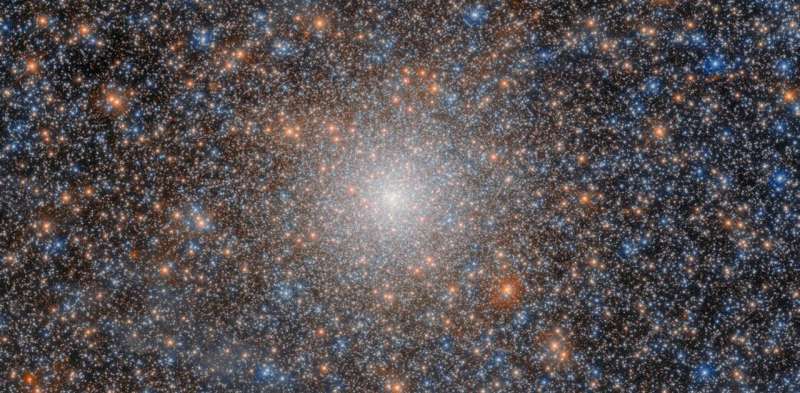The universe is full of mysteries, and the nature of dark energy is one of the biggest. This article explores the latest insights into this elusive force, including the possibility that it may not be as constant as we once thought. With upcoming advances in cosmological observations, we may be on the brink of a new era of discovery that could reshape our understanding of the universe. Dark energy and its role in the accelerated expansion of the cosmos are discussed in detail.

Unraveling the Cosmic Puzzle
As the author recounts, the universe was full of mystery when they completed their Ph.D. in 1992. The discovery of the cosmic microwave background (CMB) in the 1960s had been a significant milestone, but there was still much to be learned about the composition and structure of the universe.
The author’s involvement in the Sloan Digital Sky Survey (SDSS) project during the 1990s and early 2000s was a pivotal moment, as it helped reveal the lumpiness of galaxies and matter in the universe, as well as the existence of large-scale structures like the Sloan Great Wall. These observations, combined with new data on the CMB and supernovae, led to the groundbreaking realization that the universe is dominated by dark matter and dark energy, with the latter being a mysterious force that is driving the accelerated expansion of the cosmos.
Challenging the Cosmological Constant
While the cosmological community has long agreed that dark energy, in the form of a cosmological constant, makes up around 70% of the universe, recent observations have hinted at the possibility that this force may not be as constant as previously believed.
The final results from the Dark Energy Survey (DES) on supernovae observations, as well as the first baryon acoustic oscillation (BAO) measurements from the Dark Energy Spectroscopic Instrument (DESI), have suggested that dark energy may be varying over cosmic time. This tantalizing possibility, if confirmed, could have profound implications for our understanding of the universe and the nature of dark energy itself.
A New Era of Cosmological Discovery
The author is optimistic that the next few years will bring a new era of cosmological discovery, with upcoming missions and surveys like Euclid, DESI, and the Rubin Observatory set to provide even more precise and comprehensive data on the universe’s expansion history.
If these new observations do indeed confirm that dark energy is not as constant as previously believed, it could have significant implications. It may suggest that dark energy is not simply due to the background energy of empty space, as predicted by quantum mechanics, but rather a more complex phenomenon that varies over time. This could help resolve the long-standing tension between cosmological observations and the predictions of quantum theory, opening up new avenues of research and understanding.
